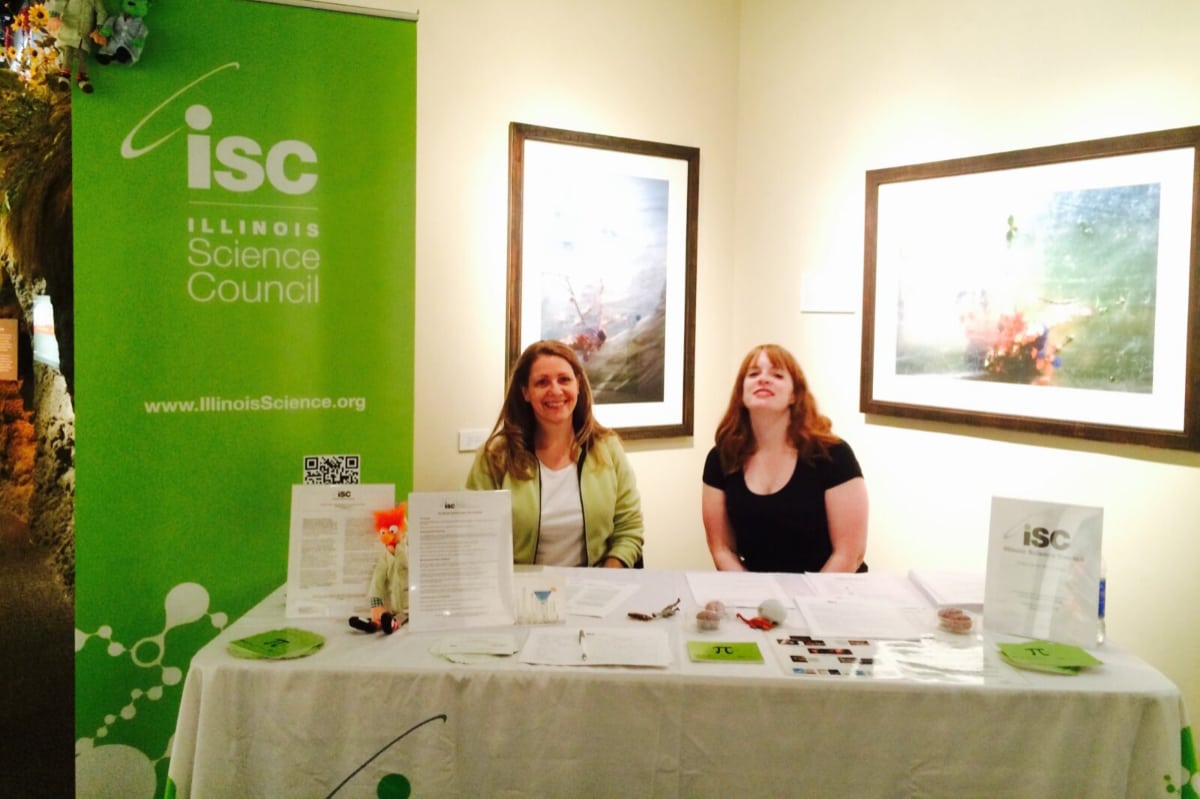As a science outreach organization, we wish we could add more to the conversation about how to stay safe from #COVID19, but the truth is, experts have already said what needs to be said. Here’s what you you need to know to protect yourself and others from the coronavirus:
The Importance of Social Distancing
- In about 80% of those infected, the virus will present mildly, which means you might get a mild cough or a low-grade fever, or you might not not feel any symptoms at all. But, even in this state, you can still pass it onto others, including others who won’t have such a mild reaction. This is why social distancing is so important.
- Social distancing means staying at least six feet away from others, as much as you can. The easiest way to do this is to stay at home. Use Skype, Facetime, and other video conferencing services to keep yourself sane and to get your work done. In this world, though, you probably need to cross paths with some people, so there are some ways you can reduce your chance of sharing the virus with someone else. Here’s how one person did it for six months with her premature twins.
- The things that increase the chance of transmission, in order from least to most impact are: A) being physically close to someone, B) being near someone for a prolonged period of time C) making physical contact with someone. The New York Times released a graphic showing how likely that people in different jobs are to get infected based on these variables. Healthcare workers are at the greatest risk.
Keep Surfaces Clean
- The coronavirus can’t be transmitted through the air like measles. Measles can latch onto dust particles and float in the air for hours. In contrast, coronaviruses get carried in droplets, which come from coughs and sneezes, and land within a few seconds on people and surfaces. So, make sure to cover your coughs and sneezes, and don’t touch your face after you touch a surface.
- Coronaviruses are relatively fragile, as far as viruses go. This means antiseptic wipes that kill things like MRSA will likely kill the coronavirus. So, keep “high-touch” surfaces, like your phone, doorknobs, keyboards, etc. disinfected with wipes. The EPA, which decides what companies can say about their disinfectants, just updated their list of disinfectants that can be used against the coronavirus.
How to Keep Germs Off of You
- The masks you buy at stores or online won’t protect you from catching the virus. They only work if they’re sealed to your face. Heath care workers are wearing masks that are specifically designed for this. The masks you have will only help prevent you, if you’re already sick, from transmitting the virus to others.
Watch Out for Those at the Greatest Risk
- Make sure your friends and family who are over sixty, have heart or lung disease, diabetes, or who are immunocompromised, are extra careful. Here are the CDC guidelines on who is at the highest risk of experiencing complications and what you can to protect them.
Most importantly, remember not to panic. Viruses can be scary, but with the proper precautions, such as washing our hands and distancing ourselves from others, we can beat this thing.





